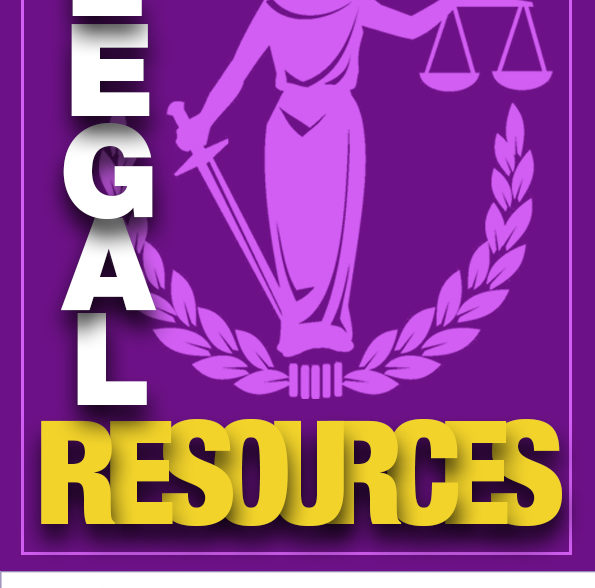The Current Legal Scenario that can protect you from harassment during Holi

The Current Legal Scenario
India currently has laws in place that adequately cover the harassment met out during Holi, the problem lies in its implementation. While general sexual harassment in public spaces related laws also apply to sexual harassment faced during Holi, other laws address concerns of assault and injury.
- Section 294: Doing an obscene act in a public place or singing or reciting any obscene words or songs, in or near a public space.
- Section 354: Use of assault or criminal force against a woman with the intention or knowledge that it will outrage her modesty;
- Section 354A: Sexual harassment, as defined to include a man committing any of these acts: (i) physical contact and advances involving unwelcome and explicit sexual overtures; or (ii) a demand or request for sexual favours; or (iii) showing pornography against the will of a woman; or (iv) making sexually coloured remarks;
- Section 354B: Assault or use of criminal force to woman with intention of disrobing her i.e. with the intention of depriving her of her clothing or forcing her to be naked. While this may sound similar to outraging modesty, it isn’t. It is considered an offence whether or not the man intended to outrage the modesty of the woman.
- Section 354C: Voyeurism i.e. where a man is watching or capturing the image of a woman engaged in a private act or in circumstances where she would usually not expect to be observed by the perpetrator or by any other person on the orders of the perpetrator or the distribution of an image so captured by the perpetrator.
- Section 509: Uttering a word, making a sound or a gesture, or exhibiting any object, with the intention of insulting the modesty of a woman.
All the above mentioned sections punish the mentioned acts. Sexual violence related laws are further explained here for easier understanding.
Other related laws and protections under the IPC:
- Section 319: Whoever causes bodily pain, disease or infirmity to any person is said to cause hurt.
- Section 320: Certain kinds of hurt are categorised here as grievous hurt, some being causing disfigurement of the face or head, a fracture, loss of hearing or sight etc.
Further different sections examine hurt and grievous hurt through the lens of motive and weapon or substance used and delineate the corollary punishment for the same.
- Section 349: A person is said to use force to another if he causes motion, change of motion, or cessation of motion to that other, or if he causes to any substance such motion, or change of motion, or cessation of motion as brings that substance into contact with any part of that other’ body, or with anything which that other is wearing or carrying, or with anything so situated that such contact affects that other’ sense of feeling;
Provided that the person causing the motion, or change of motion, or cessation of motion, causes that motion, change of motion, or cessation of motion in one of the three ways hereinafter described:
- By his own bodily power.
- By disposing any substance in such a manner that the motion or change or cessation of motion takes place without any further act on his part, or on the part of any other person.
- By inducing any animal to move, to change its motion, or to cease to move.
- Section 350: Whoever intentionally uses force to any person, without that person’ consent, in order to the committing of any offence, or intending by the use of such force to cause, or knowing it to be likely that by the use of such force he will cause injury, fear or annoyance to the person to whom the force is used, is said to use criminal force to that other.
- Section 351: Whoever makes any gesture, or any preparation intending or knowing it to be likely that such gesture or preparation will cause any person present to apprehend that he who makes that gesture or preparation is about to use criminal force to that person, is said to commit an assault.
- Section 352: Assaulting or using criminal force to any person otherwise than on grave and sudden provocation given by that person.
Police personnel have to file an FIR when a case is reported or action can be taken against them under 166A of the IPC. Additionally, a complete lack of understanding of the basic nuances of consent and a deeply ingrained toxic patriarchal culture add to the debasement of a beautiful festival.

